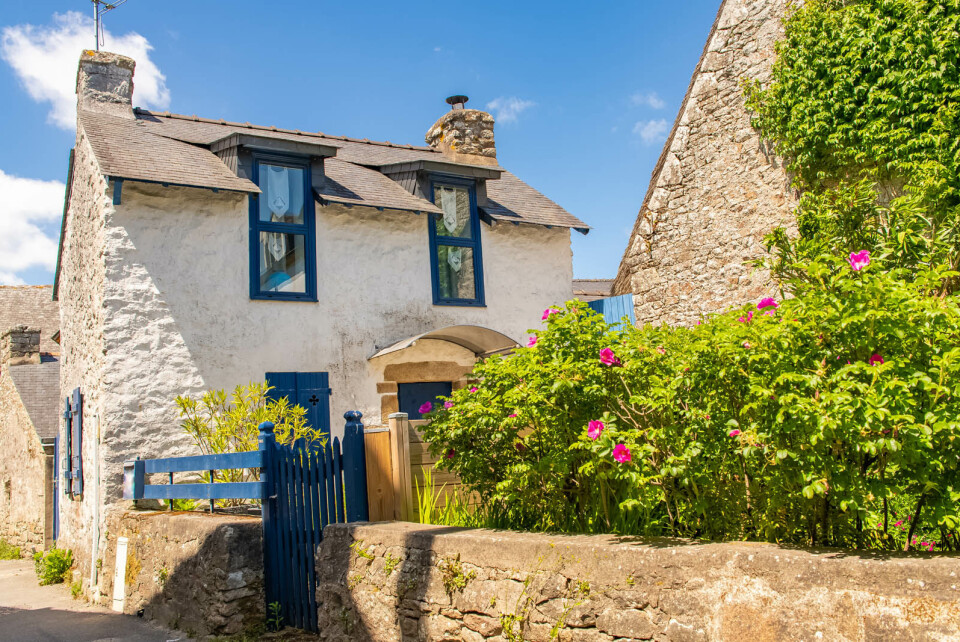-
Le Rozier: a village with dramatic scenery along the Gorges du Tarn
Explore the pretty village in the Lozère department, popular with lovers of hiking and outdoor activities
-
France’s Favourite Village 2026 shortlist announced
You can vote for your favourite until voting closes in early March
-
Exploring Pont-Croix: officially named as France’s best tourism village
A Breton gem boasting strong cultural heritage, charming architecture and vibrant local life
What accommodation proof do second-home owners need for French travel?
The Foreign Office says second-home owners should be able to prove they own or rent accommodation with evidence such as a tax or utility bill

Reader question: My wife and I have a holiday home in the Gers. We intend to visit soon but understand there is now a requirement to demonstrate you have accommodation when you pass the French border. What would be acceptable?
It is correct that, post-Brexit, British visitors to France may be asked by French border police to give evidence of where they will be staying.
We have not heard reports of this being enforced, but it is best to be prepared.
The exception to this, where a visitor has not yet made plans for where they will stay during a trip to France, is to be prepared to show they have at least €120 of funds per day of the planned trip.
An amount of €32.50/day is listed at brexit.gouv.fr for those with ‘proof of private accommodation’, such as a formal attestation de séjour showing you are staying with friends or family. A French Interior Ministry source confirmed that this amount also applies to people with second homes.
To clarify, this is not an amount that you will need to pay. You must simply prove you are self sufficient for the length of your stay.
The Foreign Office says second-home owners should be able to prove they own or rent accommodation with evidence such as a tax or utility bill (we suggest a property tax bill and/or a utility bill directly linked to the home and showing its address). A French Interior Ministry spokes-woman said suitable documents include water or electricity bills, a rental contract, house deeds or a taxe foncière bill. There is no ‘exhaustive list’ of such documents, she said.
























